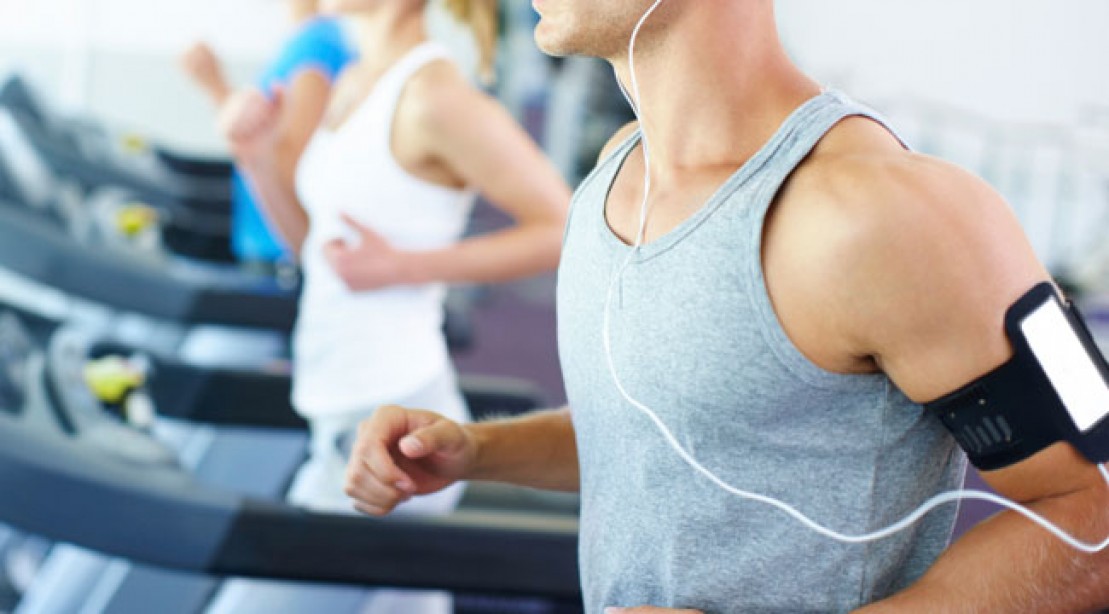After a late night, you set your alarm to go off so that you can roll out of bed moments before class, and after hitting snooze one too many times, there is just enough time to brush your teeth, wash your face, and throw on some clean clothes. So what do you do? You skip breakfast and dash out the door.
We’ve all done this, and if you’re like me, you never think twice about it, because making it to class in a semi-presentable way is your first priority. We don’t consider that we set ourselves up for a difficult start to the day or that the key to waking up and staying focused in the class we’re so desperate to attend is to eat breakfast. After all, breakfast is the most important meal of the day. Even though students may not have a lot of time to prepare epic hot meals in the morning, there’re healthy and quick options available to us.
So why is breakfast so important compared to the other meals of the day? It’s because eating breakfast jump-starts your metabolism early in the day and provides you with energy to function throughout the day. Feeling energized and awake is incalculably better than feeling groggy and slow, especially in that upper-division 8-am class. In addition, achieving an overall healthy lifestyle is easier with a healthful breakfast choice. It can motivate us to choose healthier foods as the day goes on. In America, a typical breakfast usually consists of grains, dairy, and fruit. A healthy breakfast should have at least one serving of whole grains, a serving of fruits, and some lean protein.
Let’s consider some of the best and worst breakfast choices. A quick and healthy option, for example, would be a cup of yogurt, oatmeal, and whole grain toast. If you like to start your day off with cereal, choose one that is low in added sugar (i.e., those not geared toward children: no Fruity Pebbles or Lucky Charms). The last thing you want is to have a energy spike followed by a rapid crash that leaves you hungry and tired. Also, since sugary cereals that are low in nutritional value tend to destabilize energy levels, be wary of mood swings and rotten teeth that can result from eating them regularly. Other foods to avoid that create the same effects include donuts, danishes, cakes, and biscuits. Better choices would be wheat bread, pita bread, bagels, or waffles.
To fulfill the recommended serving of fruit when you’re running short on time, you could whip up a quick fruit smoothie, prepare a fruit salad, or drink some orange juice. To further improve the meal, eat whole fruits as opposed to just the juice; the extra fiber in the fruits’ peel is beneficial to the body. To get a morning dose of protein, eggs are the go-to option in America. Whichever way you like them, eggs are packed with many vitamins (A, B, D, and E) and enhance concentration and memory, which improves performance at school or work. Not only that, but proteins can also keep the body fuller for longer. Milk is also an excellent source of protein and can help maintain bone and tooth health. The best options for milk are skimmed (fat-free) and semi-skimmed (reduced fat). If you’re lactose intolerant, soy and almond milk are some good alternatives.
High school and college students should never make skipping breakfast a habit. Studies have linked eating breakfast to better test scores due to that increase in memory and concentration. The jump-start in metabolism will also cause students to eat less throughout the day, thereby preventing weight gain. Overall, breakfast can give you more energy throughout the day, and that means students will better manage long classes, homework, and tests. So, from now on, cross out skipping breakfast from your vocabulary list and eat first thing in the morning for a better body and a better mind!
Article by Elle Leung
Feature Image Source: CookingLight
























